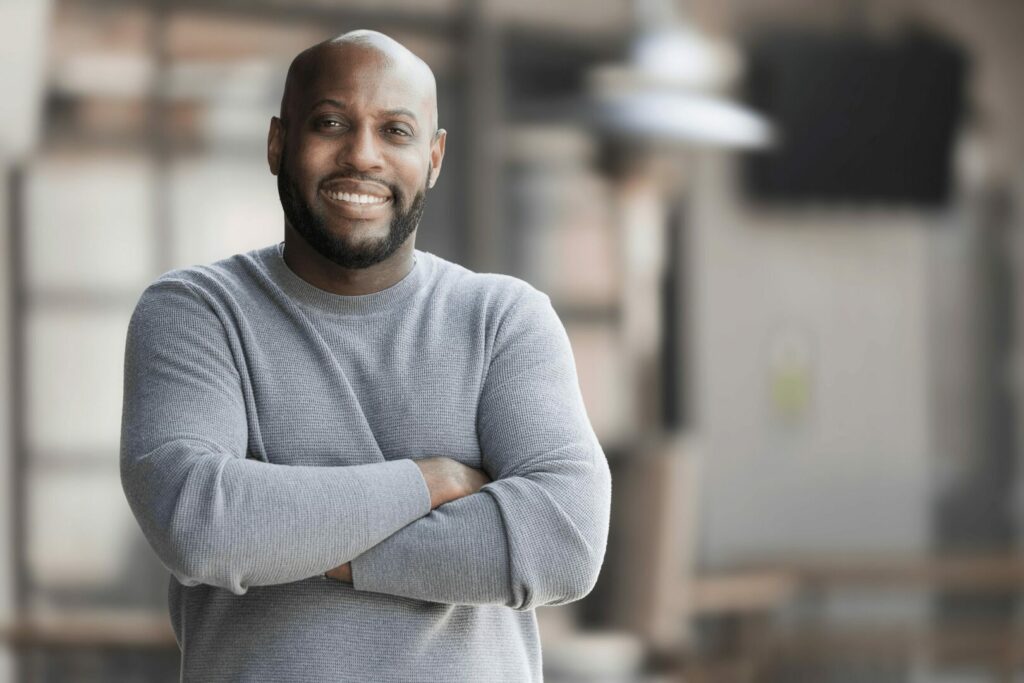Inevitably you will find yourself in a room where no one else is like you. They might not look like you, speak like you, pray or love like you or think like you. Managing to be effective in all contexts is an essential part of your journey towards reaching your full potential and so we asked some brilliant members of the community to share their stories and advice.
Glenn Bolton
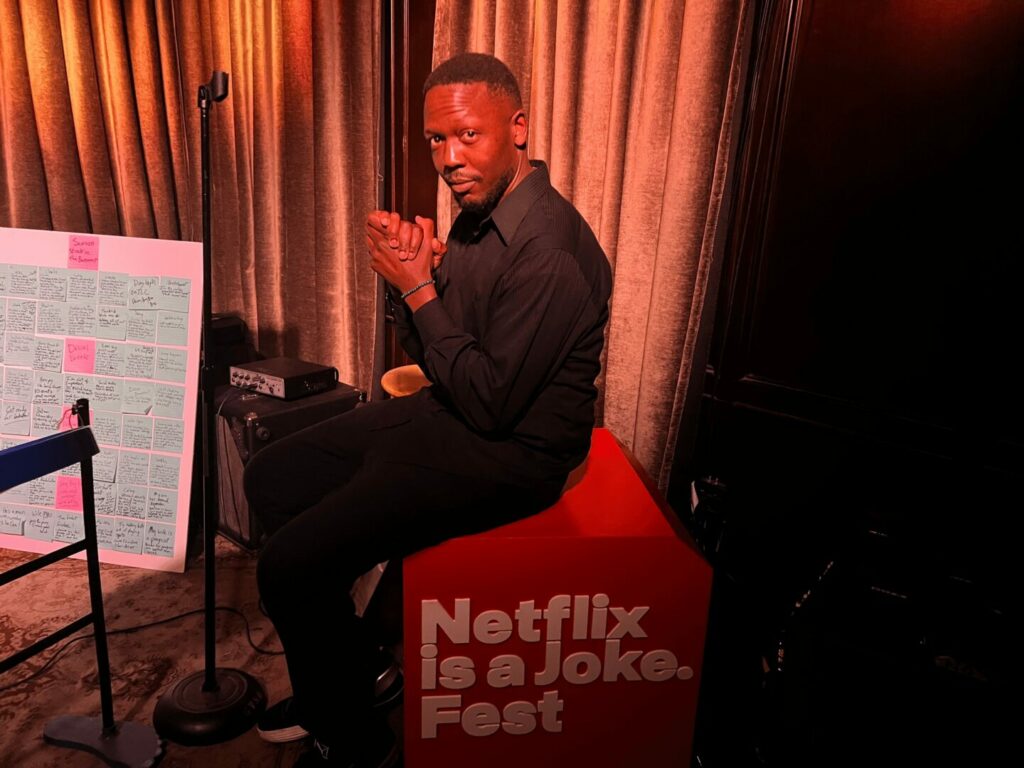
Easy. Learning early on that the way I look compared to others has little to no impact on my ability to be effective and contribute to the project. I think people get too caught up in representation and they forget that at the end of the day, they’re representing themselves first and foremost. Read more>>
Anthony Walton
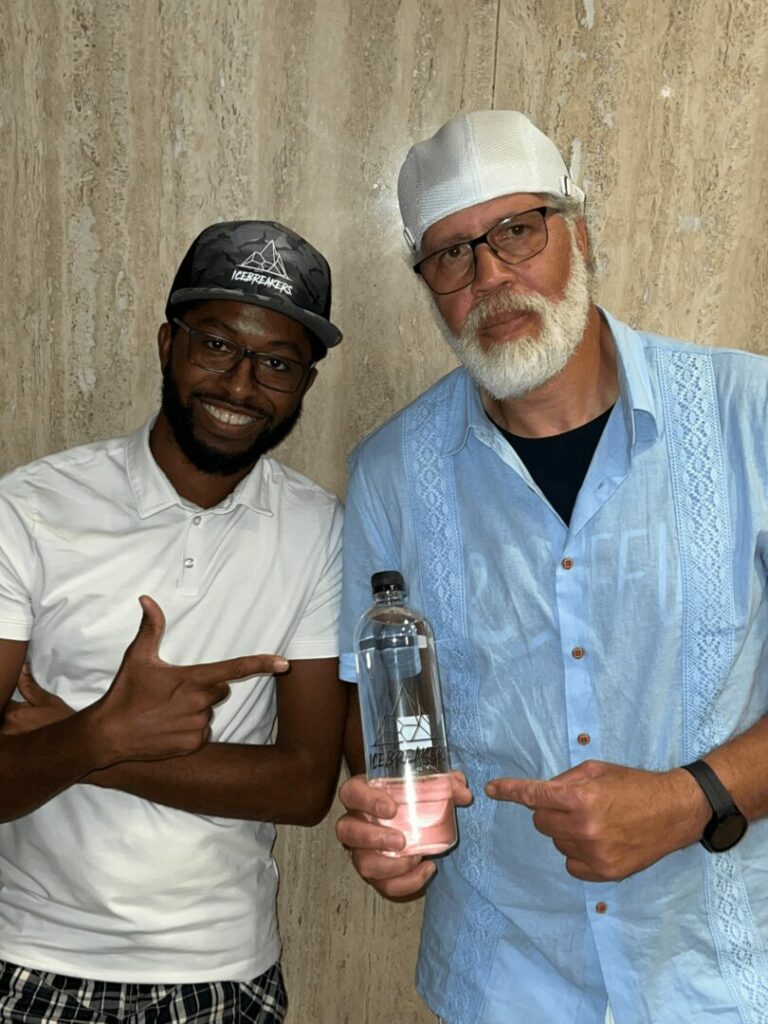
As an African-American entrepreneur, I’ve often found myself in rooms where I am the only one who looks like me. This experience has taught me several valuable lessons that have been pivotal to my success. First and foremost, I’ve learned the importance of self-confidence and believing in my own abilities and vision. I understand that my unique perspective is a strength, not a limitation. Read more>>
Kaitlyn Foster
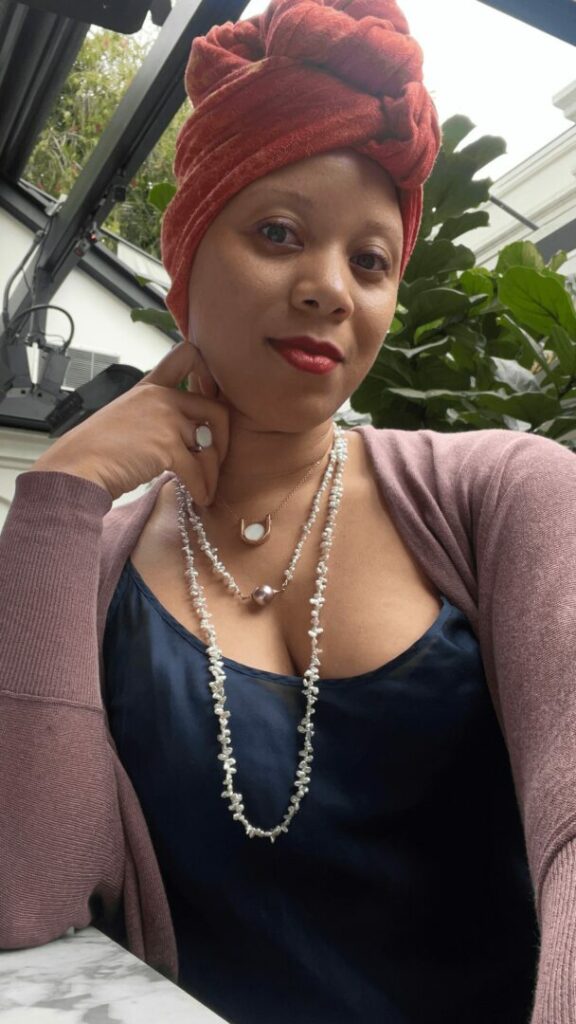
Being in the jewelry industry, I often find myself as the only visibly disabled woman in the room. In a field where beauty and design are paramount, I have learned not to compare myself to others. Just like beauty, success is in the eye of the beholder. Read more>>
Yasmine Tatim
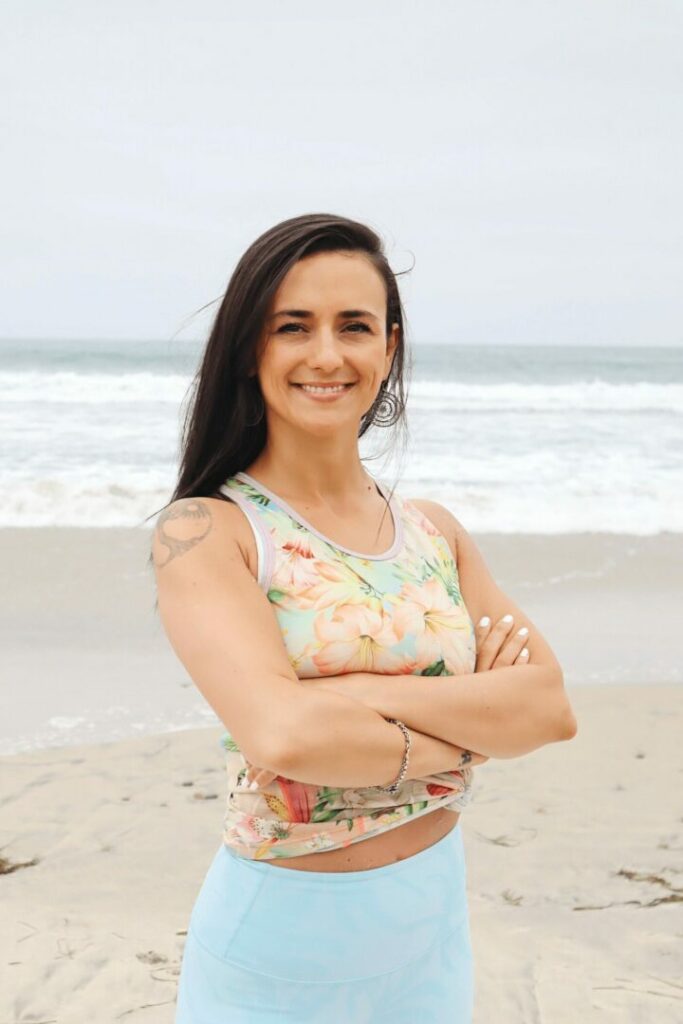
I’ve learned that being the only one in the room is not something that comes as an obstacle but a requirement for effectiveness and success. It is about embracing the fact that out of 8 billion people on earth, there’s only one like you, which proves we’re not here to be the same and create the same way.. Following somebody else’s path might feel safer, but it is actually a waste of that uniqueness. Read more>>
Jono Madison

It is crucial to stand out, especially to be the only person in the room that looks like me. Let’s face it I’m a brown, flamboyant wanna be goth kid, I kinda stick out. For myself, It is imperative to carry a persona to go with it, which is something that has helped me stand out. What I have found to be effective has had to of been my dark sense of humor. Read more>>
Tim Devlin
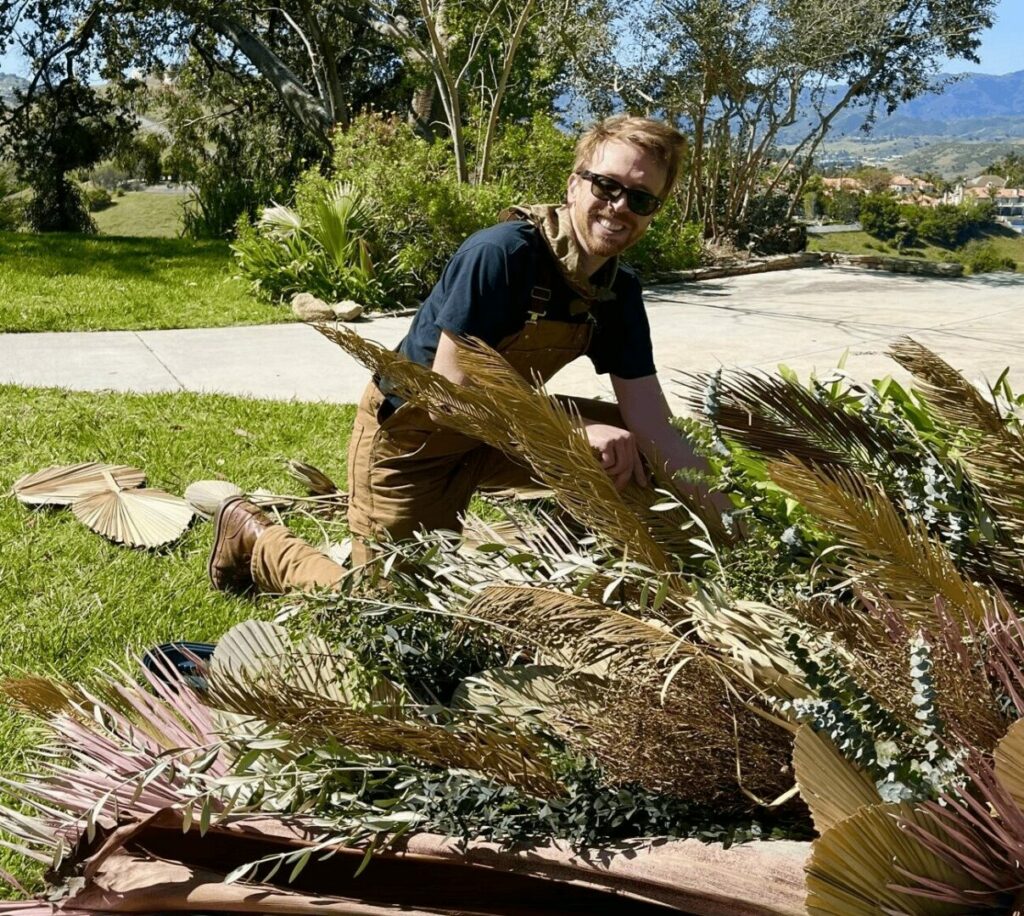
I find myself asking this question often. Back when I was in school, my professors were never sure what to make of my work. They would say things like, “you don’t draw like everyone else, do you?”. While the 20-year-old version of myself wasn’t sure what to make of that, the version of me now sees this as the strength of the business. Why should everyone in the studio draw in the same style? Read more>>
SkyLee Edmiston
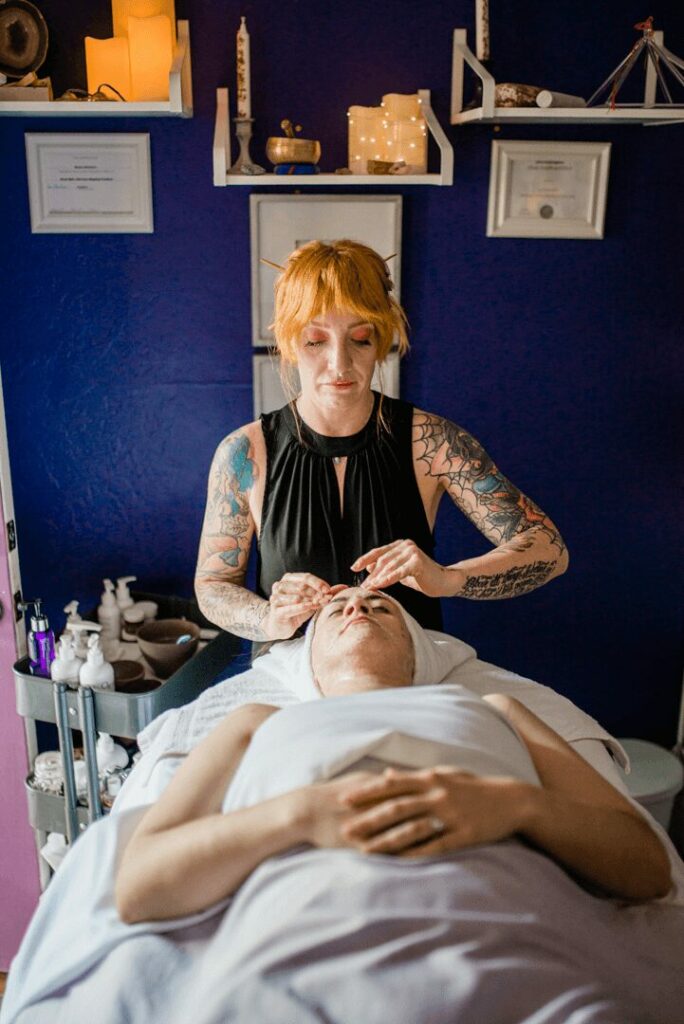
I have learned to be effective/successful by being passionate about everything I do. If you’re passionate and LOVE what you do there is no other option but to work hard and be dedicated because you want to give all to your goals, be the best, make dreams come true and stand out! I’ve never been afraid to be the odd one out, the oddball, the unique one and I think it’s because I know who I am and I’m ok if I don’t fit in. Read more>>
Harriette Patrick -Barron
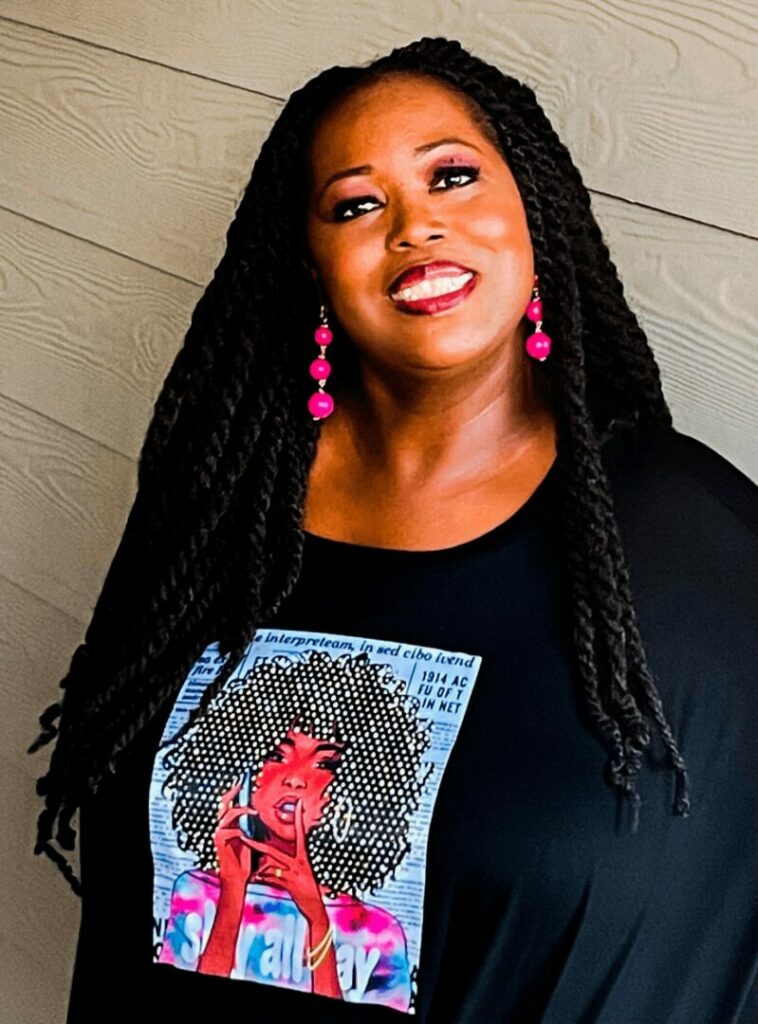
That is a great question. I have been the only one in the room that looks like me, more times than I can count. At first, it made me very uncomfortable, but as I matured and became comfortable in my own skin, I realized that it is OK to stand out. As long as you are yourself and as long as you are unique, that’s all that you need to be effective and successful, I realized that my life stories, my experience, and my personality are unlike anyone else’s and that makes me effective. Read more>>
Robert Nunn
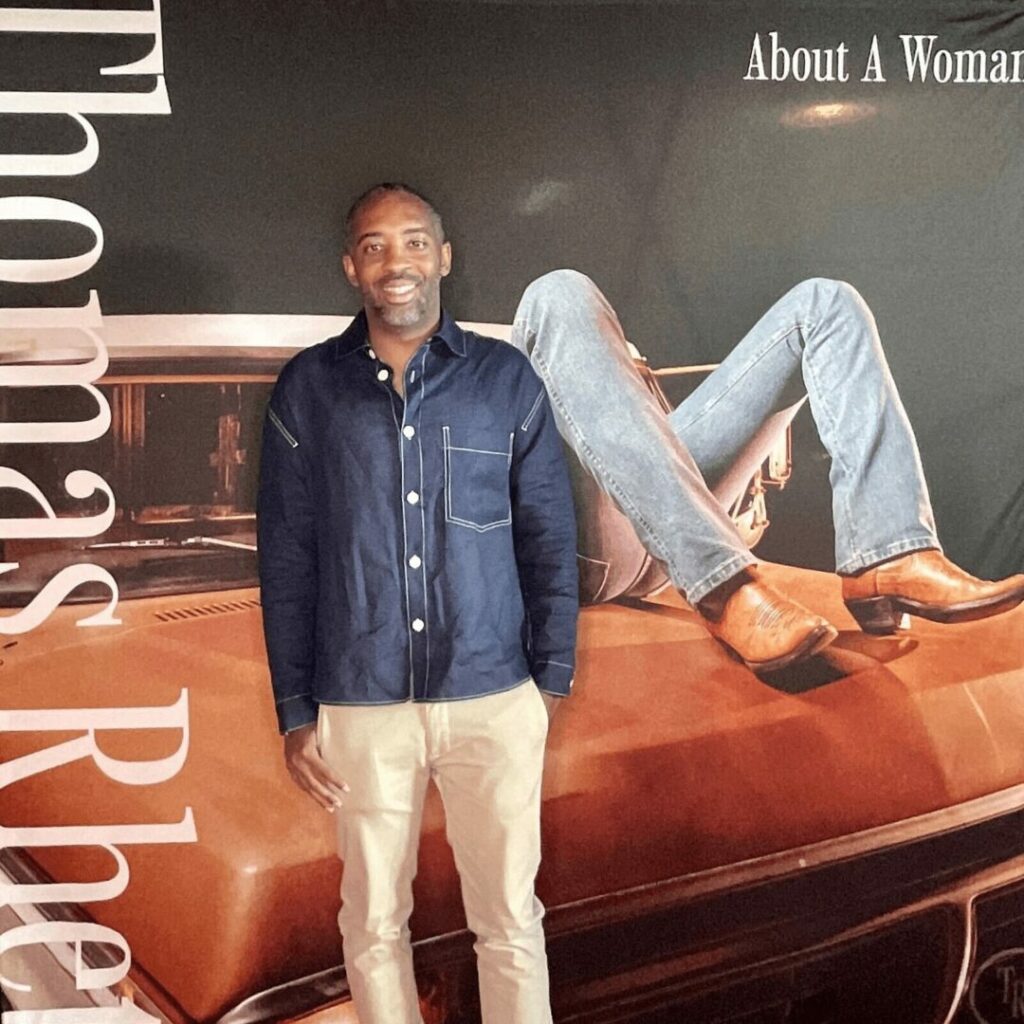
I am born and raised in Los Angeles, California which has a very diverse community so it’s not something I really think about. I just try to focus on using my abilities in the best way that I can when I am given the opportunity. To be successful in competitive industries like sports & entertainment you need to have really thick skin and understand that even if you do everything right and you deserve to be there, it can take time to be noticed, valued and appreciated. Read more>>
KEVIN JOHN
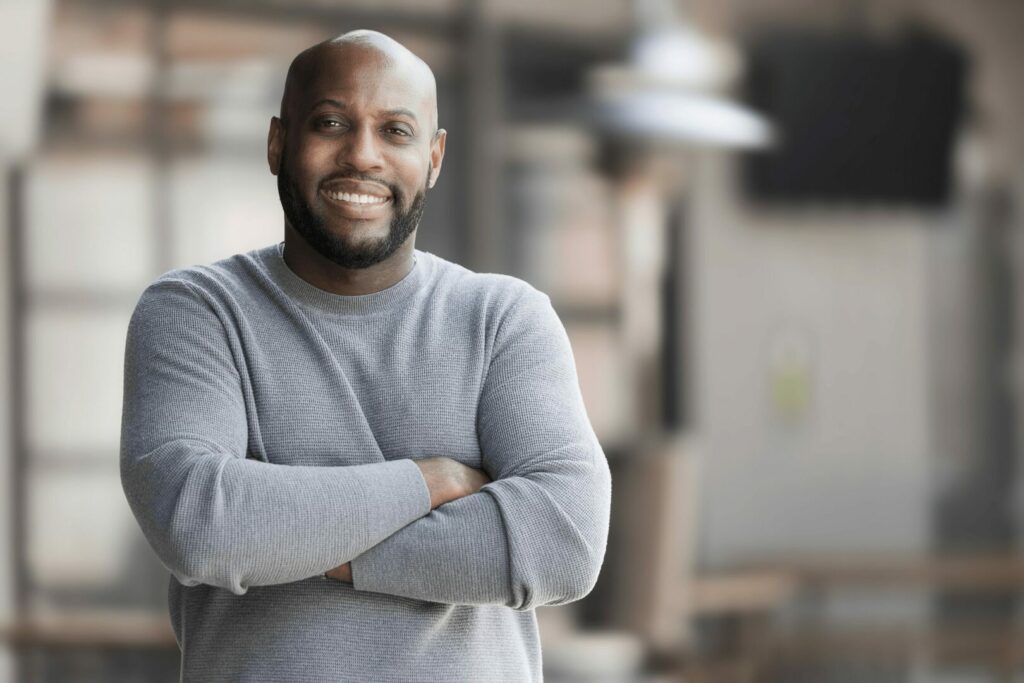
My career began in audio engineering and urban music production, where I worked with peers who shared my background and interests. This collaborative environment helped me develop strong technical skills and a keen creative vision. Read more>>
Kynesia Bishop
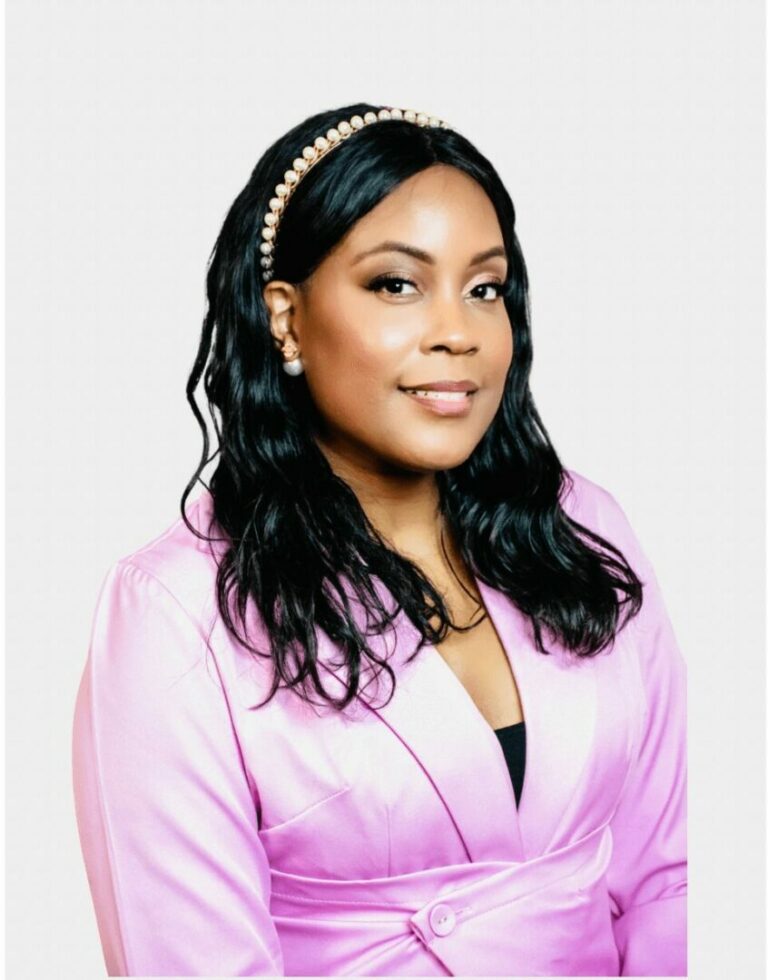
The journey of being seen and understood in spaces where I am the only woman or person of color has been a profound and transformative experience. It has required a great deal of self-reflection and soul searching, as well as drawing upon the lessons taught to me by my parents. Read more>>
Luciana Toriello

My Aunt Tracey helped me out with this a lot. Growing up I went to a predominantly white Catholic school and being half Italian and half Mexican with a very unique (at the time) first name I felt so out of place. I had an accent because I use to speak Spanish, I was and still am very short, and from the time I was 8 until I was 21 I use to wear the thickest glasses any one had seen. Read more>>
Samantha Kaine
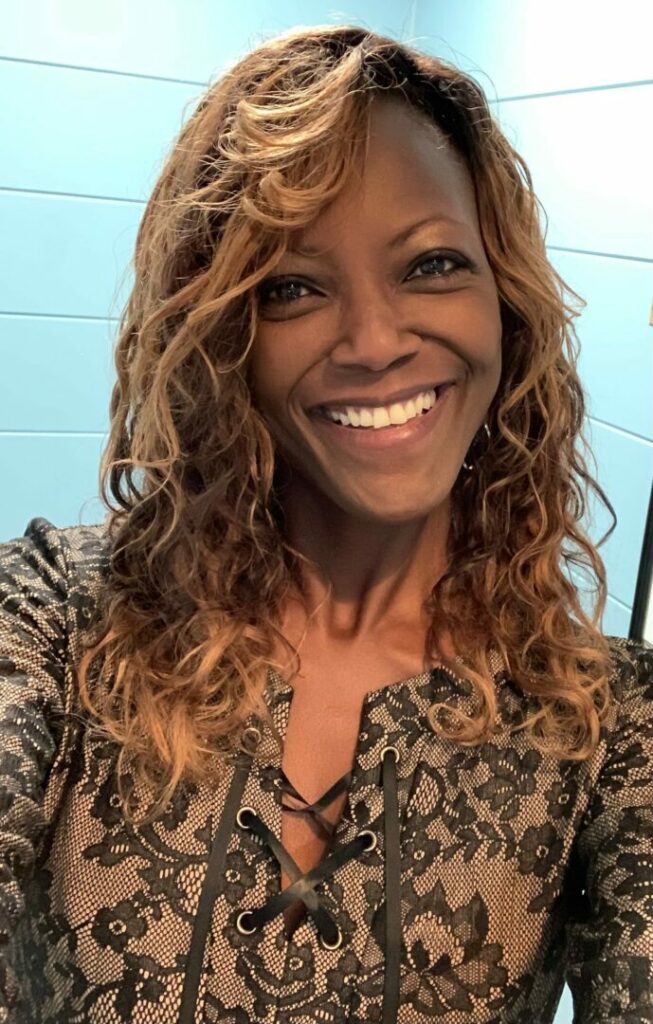
Over my extensive career, navigating spaces where I’m the only one who looks like me has presented undoubtedly unique challenges. However, by using some tools I’ve learned over the years, I tend to use these moments as an opportunity for growth and resilience, both personally and professionally. Read more>>
Ari Krzyzek

Being the only one in the room that looks like me has taught me the importance of resilience, confidence, and authenticity. Growing up in Bali, Indonesia, I learned to be resourceful and persistent, skills that have been invaluable in my career. Moving to the U.S., I embraced my unique perspective as a strength rather than a disadvantage. Read more>>
Gurasis Singh
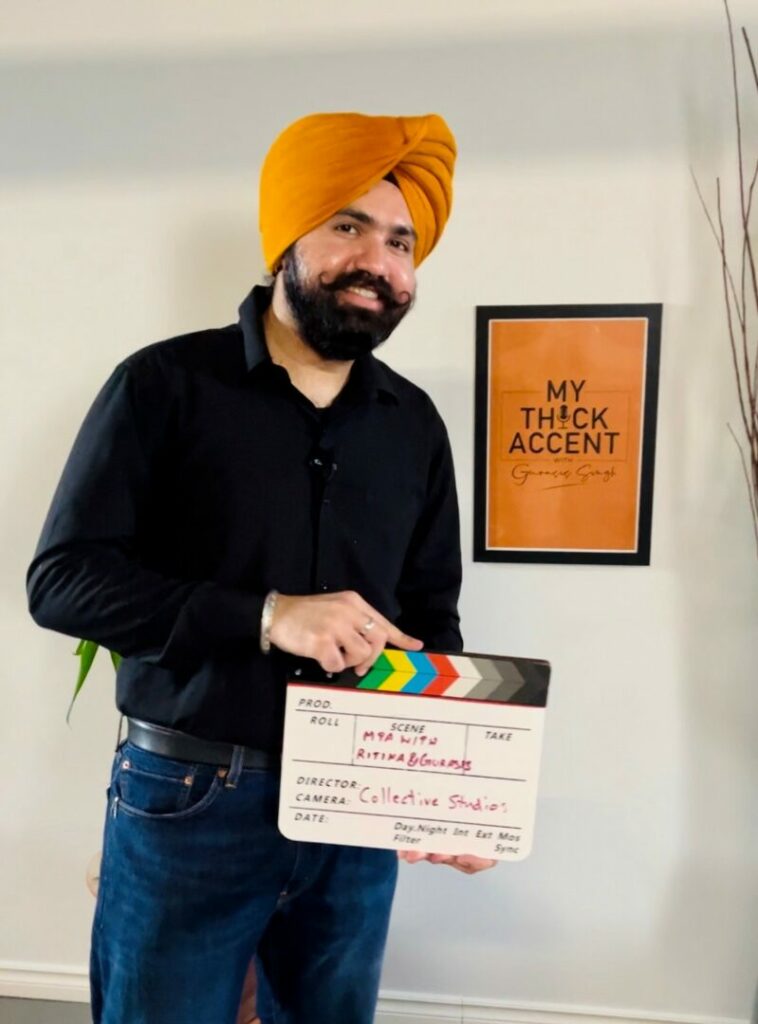
As a follower of the Sikh faith who wears a turban, I’ve often found myself as the only turban-wearing individual in various settings throughout my six years in Canada. In these situations, I’ve noticed people staring or giving side-eyes, likely because they haven’t encountered many Sikh people before. Instead of letting this make me uncomfortable, I’ve learned to embrace these moments as opportunities for connection and education. Read more>>

